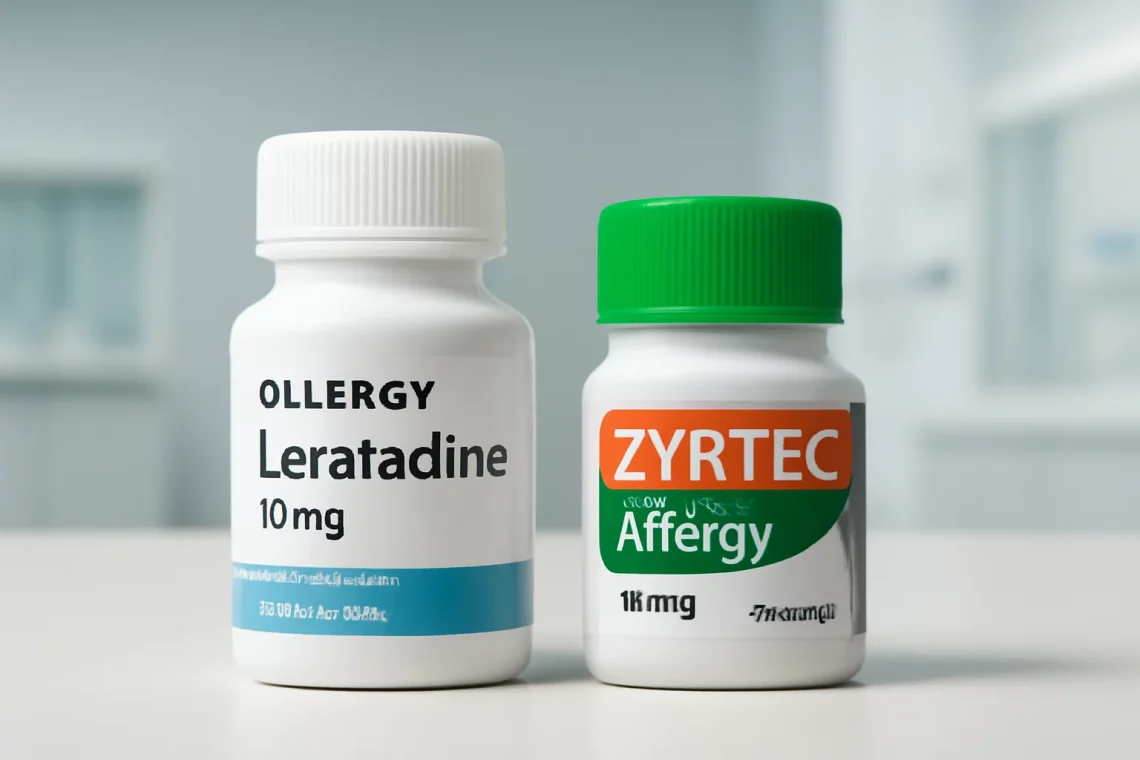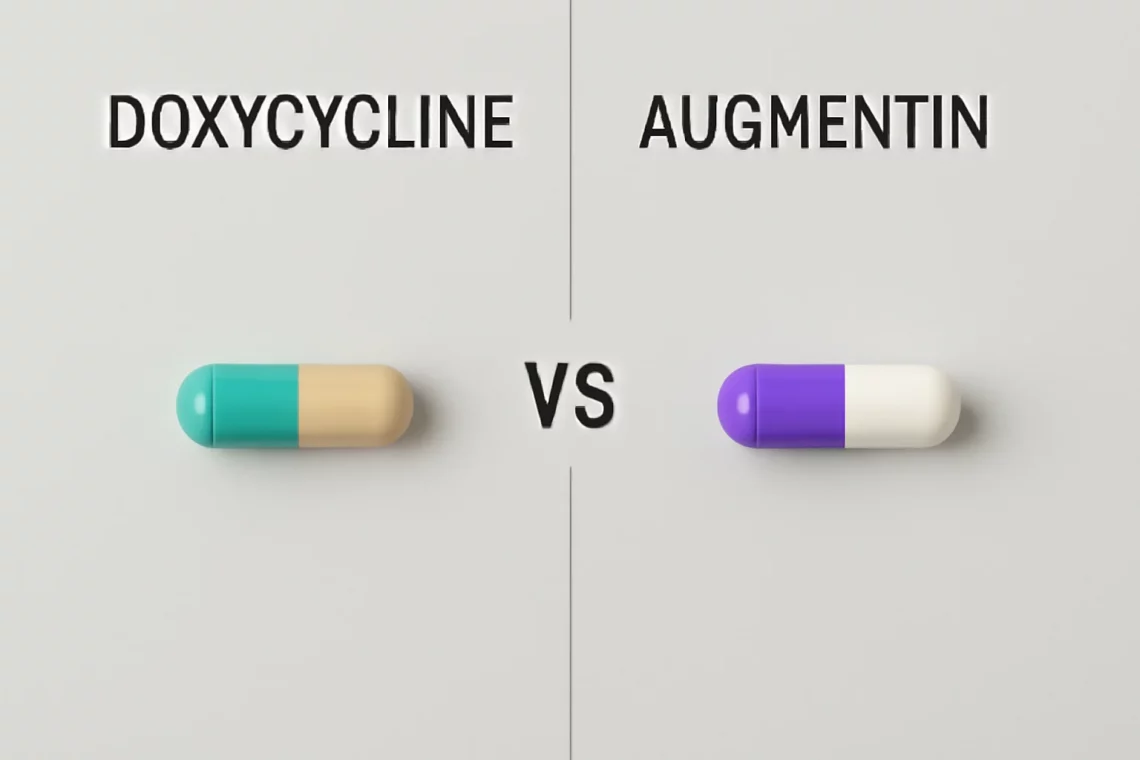-
Amoxicillin vs Omnicef: Which Antibiotic Is Right for You?
Amoxicillin and Omnicef are two antibiotics that have gained significant attention in medical discussions due to their effectiveness in treating various bacterial infections. Both medications belong to different classes of antibiotics, which means they operate through unique mechanisms to combat bacteria. The choice between Amoxicillin and Omnicef often depends on the specific type of infection, the patient’s medical history, and the potential for antibiotic resistance. Understanding how these medications work, their spectrum of activity, side effects, and the situations in which they are best prescribed can help patients and healthcare providers make informed decisions. With the rise of antibiotic resistance, choosing the appropriate antibiotic is more crucial than ever. Both…
-
Rivaroxaban vs Apixaban: Choosing the Right Anticoagulant for You
When considering anticoagulants for the prevention and treatment of thromboembolic diseases, Rivaroxaban and Apixaban stand out as two of the most discussed options. Both medications belong to a class known as direct oral anticoagulants (DOACs), which have revolutionized the management of various conditions such as atrial fibrillation, deep vein thrombosis (DVT), and pulmonary embolism (PE). These medications work by inhibiting specific factors in the blood coagulation pathway, ultimately reducing the risk of blood clots. The choice between Rivaroxaban and Apixaban often depends on multiple factors, including patient-specific characteristics, underlying health conditions, and potential drug interactions. Both drugs offer distinct advantages and disadvantages that can impact their effectiveness and safety profiles.…
-
Levocetirizine vs Desloratadine: Which Antihistamine is Better?
Levocetirizine and desloratadine are both antihistamines that play a crucial role in managing allergic reactions and symptoms associated with conditions like hay fever and chronic urticaria. As allergies become increasingly prevalent in today’s society due to environmental factors and lifestyle changes, understanding the options available for treatment is essential. Both medications are designed to alleviate symptoms such as sneezing, runny nose, and itchy eyes. However, they come with distinct characteristics, mechanisms of action, and potential side effects that may make one more suitable than the other for individual patients. In the quest for effective allergy relief, patients often find themselves choosing between various antihistamines. Levocetirizine, a third-generation antihistamine, is known…
-
Loratadine vs Zyrtec: Which Allergy Medication Is Right for You?
Allergies can be a significant burden for many individuals, causing discomfort and affecting daily life. As seasons change, pollen levels rise, and dust accumulates, people often seek relief from the symptoms of allergic rhinitis, such as sneezing, itchy eyes, and runny noses. Among the myriad of over-the-counter medications available, loratadine and Zyrtec are two popular antihistamines that provide relief from these pesky symptoms. Both of these medications are effective, but they work differently and may suit different individuals based on their unique health profiles and lifestyle needs. Loratadine is a second-generation antihistamine known for its non-drowsy properties, making it a preferred choice for those who need to maintain their daily…
-
Loratadine vs Chlorpheniramine: Which Antihistamine is Better?
Allergies can be a significant nuisance for many individuals, leading to symptoms such as sneezing, runny nose, and itchy eyes. In an effort to combat these discomforts, various antihistamines have been developed to alleviate allergic reactions. Two common medications frequently discussed are loratadine and chlorpheniramine. Both of these drugs serve the primary purpose of relieving allergy symptoms, but they belong to different classes of antihistamines and exhibit distinct characteristics. Understanding the differences between loratadine and chlorpheniramine is essential for making informed decisions about allergy management. Factors such as efficacy, side effects, and duration of action can vary significantly between these two medications. By exploring their unique properties, individuals can better…
-
Azithromycin vs Doxycycline: Which Antibiotic Is Right for You?
-
Doxycycline vs Augmentin: Which Antibiotic Is Right for You?
Doxycycline and Augmentin are two commonly prescribed antibiotics that serve different purposes in treating bacterial infections. Understanding the distinctions between these medications can be crucial for both patients and healthcare providers. Doxycycline, a tetracycline antibiotic, is known for its broad spectrum of activity against various bacteria, including those causing respiratory and skin infections. It works by inhibiting protein synthesis in bacteria, effectively stopping their growth. On the other hand, Augmentin is a combination of amoxicillin and clavulanic acid, which enhances amoxicillin’s efficacy against bacteria that produce beta-lactamase, an enzyme that often confers resistance to standard penicillin antibiotics. Both medications have unique mechanisms of action, indications, and side effects, making it…
-
Loratadine vs Cetirizine: Which Allergy Medication Is Right for You?
Allergies can be a nuisance, affecting millions of people worldwide. Seasonal changes, pet dander, dust mites, and various environmental factors can trigger allergic reactions, leading to symptoms such as sneezing, itching, and nasal congestion. As the demand for relief from these symptoms grows, many individuals turn to over-the-counter antihistamines. Two of the most popular options are Loratadine and Cetirizine. Both medications belong to the class of second-generation antihistamines and are commonly used to alleviate allergy symptoms. However, despite their similar purposes, they have distinct differences in their effectiveness, side effects, and usage guidelines. Understanding these differences can help individuals make informed choices about which medication may be more suitable for…
-
Warfarin vs Apixaban: Which Anticoagulant Is Right for You?
Warfarin and Apixaban are two commonly used anticoagulants that have transformed the management of thromboembolic disorders. These medications play a crucial role in preventing blood clots, which can lead to serious complications such as stroke and deep vein thrombosis. The choice between Warfarin and Apixaban often depends on various factors, including the specific medical condition being treated, patient preferences, and the physician’s assessment. Anticoagulants are pivotal in modern medicine, but the decisions surrounding their use can be complex. Patients may experience anxiety about the risks and benefits associated with these drugs, given their potential side effects and the need for regular monitoring, particularly with Warfarin. Understanding how these medications work,…


































